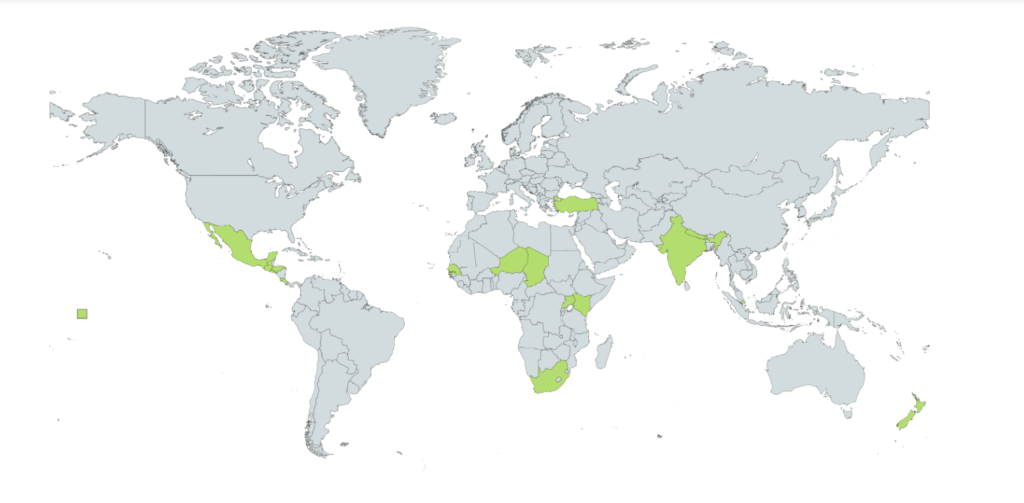The recognition of the right to a clean and healthy environment emerges in response to the increasing environmental degradation that endangers the ability of future generations to enjoy human rights. In October 2021, through the adoption of Resolution 48/13, the Human Rights Council first recognized the right to a clean and healthy environment. This resolution is a call for states to cooperate together and build capacities to protect the environment. Then, in July 2022, the human right to a clean and healthy environment was officially recognized as a human right by the General Assembly. Furthermore, this resolution has also focused on raising awareness that human rights can not be addressed individually. Instead, states and actors need to focus on integrating and ensuring the realization of all human rights alongside the right to a healthy environment.
Human Right 2 Water has developed a series of studies in the assessment of the country’s integration of the human rights to water and sanitation as well as the human right to a safe, clean, and healthy environment into law and policy at a national level. Below you will find a list of the available country assessments. More country assessments will be uploaded continuously. Please contact us if you are interested in learning about how to conduct your own country assessment.

HRW and HRHE Country Assessments:
Africa
- Chad – ENG
- Kenya
- Niger
- Senegal – ENG
- Uganda
- South Africa
America
- Costa Rica
- El Salvador
- Guatemala
- Honduras
- Mexico
Disclaimer: For these assessments White & Case has provided valuable pro bono assistance for this project but bears no responsibility for the benchmarking of countries in the dashboard which reflects the sole view of Human Right 2 Water.
This information is a desktop review, and has been generously provided as pro bono support, based on a preliminary research of the legal framework in this country. It will be verified by our legal team .in collaboration with local authorities

